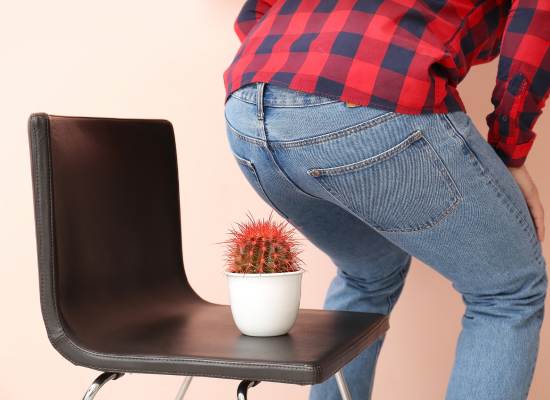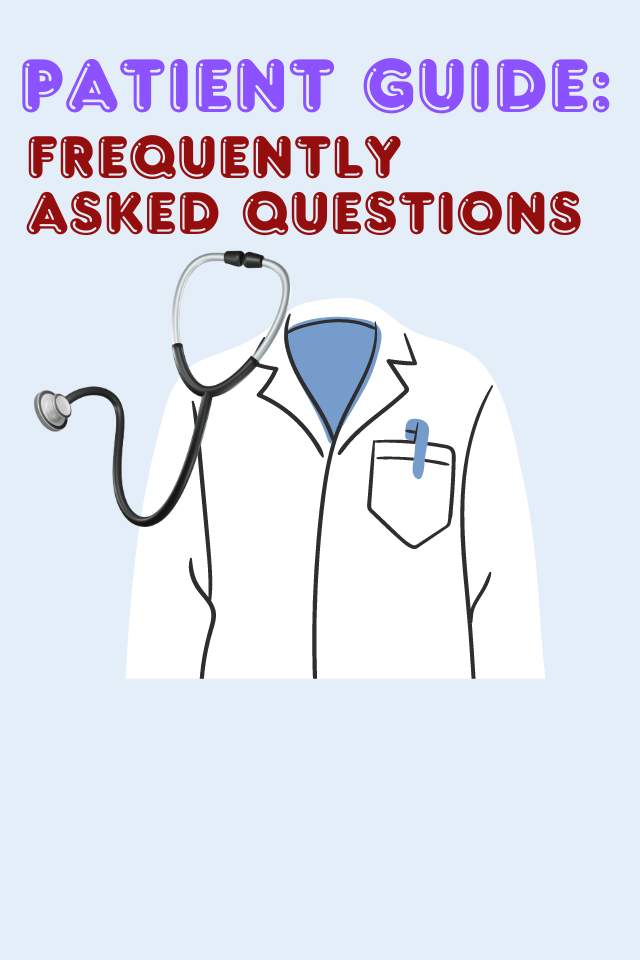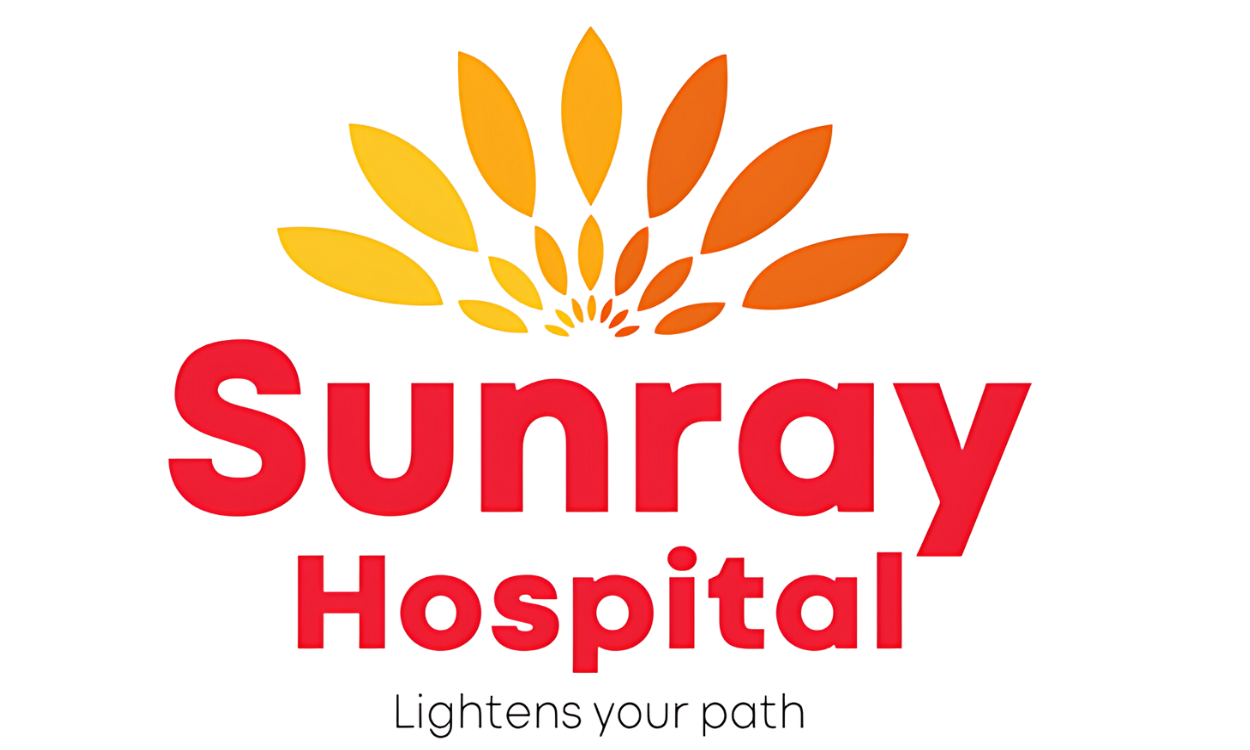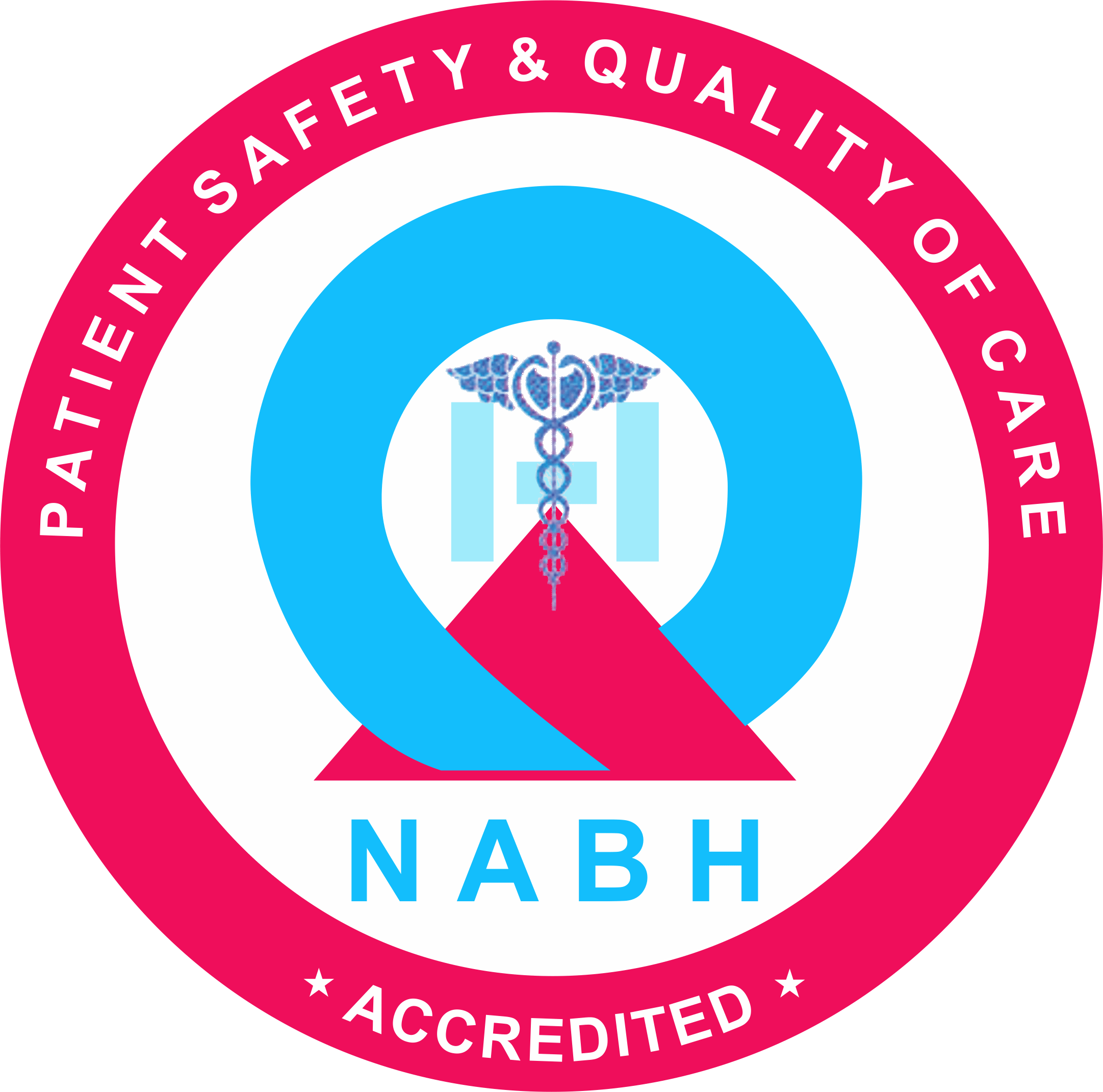General Surgery & Gastrointestinal Surgery
Proctology – Laser for Piles, Fissure and Fistula
Advanced laser treatments for piles, fissures, and fistulas, ensuring effective and minimally invasive care for your comfort and health.
Proctology-Laser for Piles, Fissure and Fistula
Piles, fistula and fissures are anal pathologies which cause certain common symptoms such as passing bloody stools or having trouble passing stools, itchy and irritable anal cavity, and discomfort when sitting for a longer time, among other such symptoms.
The anus is the end orifice of the digestive tract through which excreta (stools) are expelled from body. Piles, fistula and fissures are the common disorders concerning the anal region.
Almost 20% of the Indian population suffers from piles,fistula and fissures.

Gall Bladder stones (cholelithiasis) won’t necessarily cause any problems for you. Many individual have them and never know it. But gallstones can become dangerous if they start to travel through biliary tract and get stuck somewhere. They can clog up biliary tract, causing pain and serious complications.
The problem with gallstones is that they grow — slowly, but surely — as bile continues to wash over them and leave another layer of sediment. What begins as a sand grain can grow big enough to stop the flow of bile, especially if it gets into a narrow space, like a bile duct or the neck of your gallbladder.
Facilities Available
Experience modern healthcare with unparalleled comfort, convenience to ensure the best patient care and satisfaction.
Get a Quotation
Request a personalized quote for your healthcare needs quickly and easily. Contact us today for detailed pricing information.
Piles
Piles, also known as haemorrhoids, is a anus condition in which the veins in the terminal part of the anus get swollen. Piles primarily affect the population over 50 but are common in pregnant women. In most cases, piles may begin to heal on their own before the signs appear.
The symptoms of piles may include:
Causes of Piles
Chronic constipation and difficulty in bowel movements lead to piles. There can be other reasons that may lead to piles. These include the following:
If non-interventional treatment for piles doesn’t work, surgical treatments such as banding, infrared coagulation, sclerotherapy, and haemorrhoidectomy may help fix this problem.
Are Piles Curable?
Piles tend to get better on their own if they’re in initial stages. Sometimes, it is possible to treat piles with simple changes in lifestyles and treatments such as:
Fistula
Fistula is a condition affecting the anal region. The anal glands present in the middle portion of the anus may get infected, leading to an anal abscess. This may cause pus to start oozing out and create a passage, called a fistula, to the infected gland; a fistula has been associated with being overweight and sitting for a prolonged duration of time. There can be pain, swelling, redness, and release of pus.
Causes of Fistula
Anal fistulas are caused by a blockage in the passage of fluids in the fluid glands in the anus causing to the creation of pus-filled abscesses. Such blockage leads to the bacterial growth that create pockets in the abscesses. If left untreated, these abscesses may grow and push out anus to drain the pus. In most cases, these abscesses become fistulas.
Anal fistulas may also be caused due to diseases such as tuberculosis and due to certain sexually transmitted diseases.
How to Identify Fistula?
Anal fistulas may cause a number of symptoms:
Fissures
Fissures are tears in the moist tissue of the anal region, which causes painful spasms and itching in the anal region. Fissures can be categorised into two types depending on the condition severity:
1. Acute fissures
These are new fissures which can be treated easily with medication or at home or may heal on their own.
2. Chronic fissures
Fissures lasting for more than 8 to 12 weeks require medical intervention for treatment. Chronic fissures also develop a skin tag and an extra growth of tissues called hypertrophied papillae.
Cause of Fissures
Anal tears causing anal fissures may be caused by a number of reasons which may include the following:
Some of the lesser common yet possible causes of fissures may include the following:
How to Know if you have Fissures?
The symptoms of fissures are usually present from the beginning of the problem due to anal tearing with ensuing pain. There can be additional symptoms of fissures:
Frequently Asked Questions
Common Questions
Laser treatment uses focused light energy to precisely target and shrink hemorrhoids (piles), promote healing of fissures, and close fistulas. It's a minimally invasive procedure with fewer complications and faster recovery compared to traditional surgery.
Laser treatment offers benefits such as minimal pain, faster healing times, reduced risk of infection, and fewer post-operative complications. It also allows for precise targeting of affected areas.
Laser treatment is suitable for patients with mild to moderate piles, fissures, or fistulas who have not responded well to conservative treatments like medications and lifestyle changes. Your proctologist will assess your condition to determine suitability.
Yes, laser treatment for piles, fissures, and fistulas is considered safe when performed by trained and experienced proctologists. It is minimally invasive and generally associated with fewer risks compared to traditional surgery.
Side effects are minimal and may include mild discomfort or temporary irritation at the treatment site. Serious complications are rare but will be discussed with you by your proctologist.
Coverage may vary depending on your insurance provider and policy. It's advisable to check with your insurance company regarding coverage for proctology-laser treatments for piles, fissures, and fistulas.



